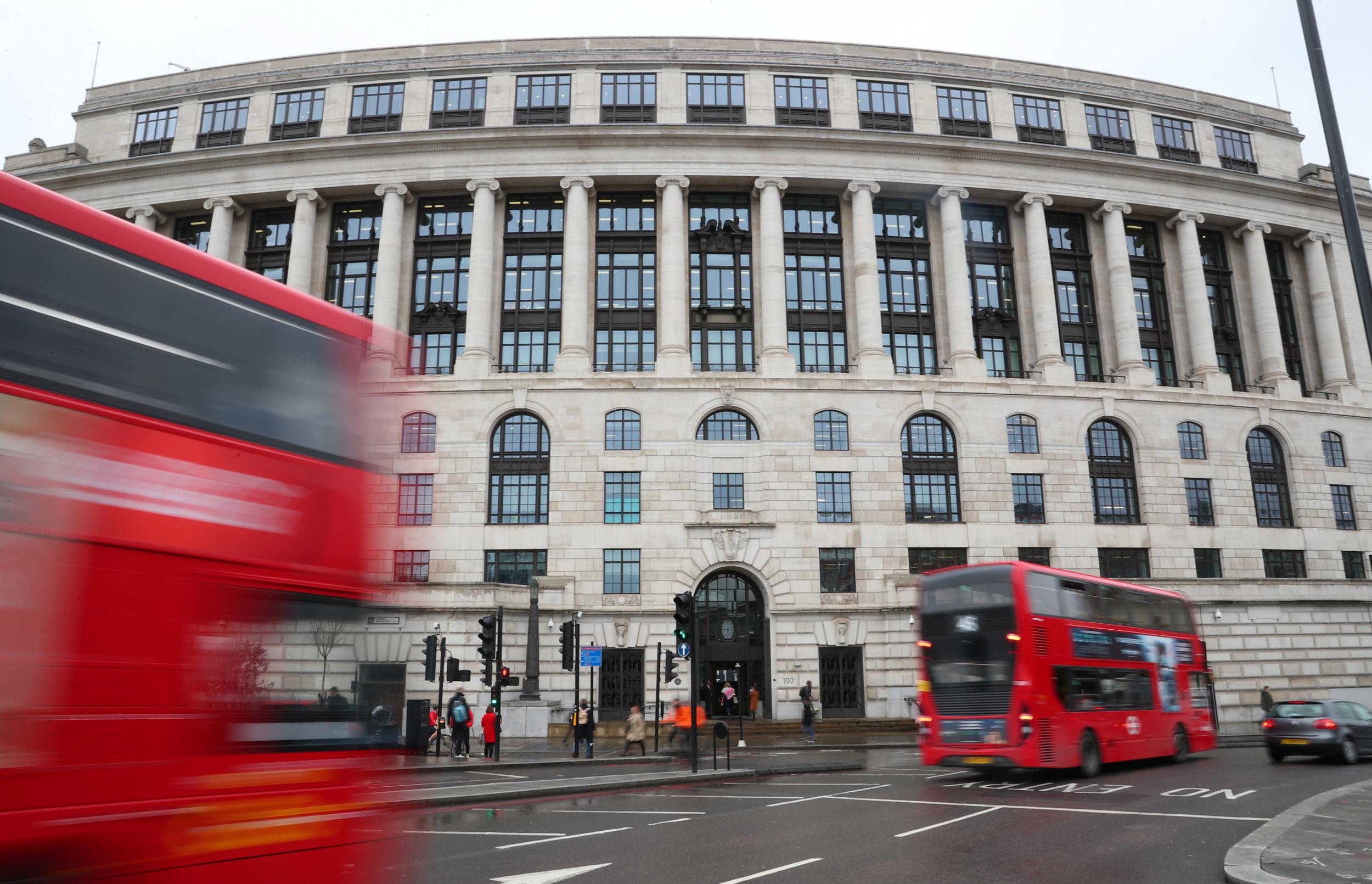London may be losing Unilever’s headquarters but it must not lose its shares
Unilever has made its choice to base its headquarters in the Netherlands. What happens now, though, is arguably more significant for the City and Britain going forward

Cast your mind back to when there was last a hugely emotive takeover bid in Britain, one that had a treasured national icon in its sights. It was November 2009, when Kraft Foods of the US made a formal £9.8bn approach for Cadbury.
The UK media, politicians and unions erupted. It was an outrage. Cadbury! The glorious purveyor of Dairy Milk – how dare they!
The then-Business Secretary, Peter Mandelson, was powerless to intervene. All he could do was to warn Kraft not to try to “make a quick buck” from the chocolate-maker.
If anyone made a quick buck, however, it was the Cadbury shareholders. Just two months after Kraft made its move, they accepted a higher price of £11.5bn.
In truth, Mandelson and the government were unable to resist. All they could do, from day one, was to insist upon Kraft upping its offer. And that’s immediately what the City predicted would happen.
While the press, flag-waving patriots and workers went into overdrive, all but trying to hoist the Union Jack over Cadbury headquarters and manning the ramparts, the financial realists shrugged and said it was all in the price.
If Kraft raised the offer, and at the very outset they were forecasting correctly what that killer level would be, the great British company was heading to new, foreign owners.
The institutional shareholders and the board members knew that, too. They didn’t say so in public, but they were powerless to fight off the American invader, provided Kraft paid what the investors regarded as a fair sum.
Roll forward to last year, when Kraft Heinz (Cadbury’s buyer itself subsequently succumbed to consolidation) indicated it would like to form an agreed merger with Unilever. In the end, Kraft Heinz’s interest came to nothing, but the courtship severely rattled the mighty Unilever, so much so that the Anglo-Dutch consumer goods company took a hard look at itself and how it was structured.
The lesson from Cadbury, though, was that there was no defence. Nothing could be done to ward off a predator waving wads of cash.
Many quoted companies are prepared to live with that knowledge, ready to take their chance. This is business, right, and everything has its price? Indeed, there are plenty in the investor community who rest easier at night, aware that the share prices of the companies in which they invest have an amount factored in for takeover speculation.
But Unilever is not like that. Unlike the others, it is able to do something about it. As a business that is structured across two countries, the UK and Holland, it can compare their respective takeover laws, and see if one affords a get-out from future unwanted advances.
The Netherlands’ rules are much tighter than Britain’s – they can build in “poison pills” to fend off the aggressor. It made sense for Unilever, if it wanted to retain its independence, to base its headquarters in the Netherlands and become one Dutch legal entity.
No matter that the move had other advantages. Unilever could save money by being unified in one place, and scrap its complicated, twin boards, twin this, twin that, management framework. And the Dutch were looking to introduce lower corporation taxes.
There was the thorny issue of Brexit, however. By relocating to another EU country, Unilever was bound to be accused of running away from Britain, as it headed towards exiting the common bloc. Remainers would inevitably claim it was a vote of no confidence in the UK economy, post-EU membership.
By basing itself in Holland, Unilever would become better placed to trade with the EU, without any of the strictures that might be imposed on the UK.
Of course, the Brexit argument entered into Unilever’s calculations – it would have been inconceivable for it not to have done so. But the counter to deserting the UK – such a vital part of its heritage, going back to Lever Brothers’ foundation in 1885 – as it would be interpreted, were the overtures Unilever would have to make to show that was really not the case.
And these had to be more than gestures; they had to amount to genuine jobs, promises to maintain a large presence, to grow and develop in the UK. Expensive, in other words.
The deciding factor, though, was those fiercer takeover laws. Unilever was safer, unified in Holland, plain and simple. If it had been a company with feet in Britain and another EU nation with merger laws that did not favour the defender so much, would it have voted to go? Would Brexit have swung the day? Perhaps I am naïve, but I doubt it.
Unilever has made its choice. What happens, now, though, is arguably more significant for the City and Britain going forward. The company has to keep its FTSE premium listing.
That depends upon the discretion of a committee that has to decide, whether a company registered abroad, can have its shares listed on the London Stock Exchange. Fortunately, there are precedents, notably IAG, the owner of British Airways, and Tui, the parent of Thomson holidays.
But if the committee decides against, that really would signal the disappearance of a great British name. More importantly, it would show our stock market, and with it the City, is shut to globalisation. Unilever can go, but its shares cannot leave the FTSE.
Chris Blackhurst is a former editor of The Independent, and executive director of C|T|F Partners, the campaigns and strategic communications advisory firm.
Join our commenting forum
Join thought-provoking conversations, follow other Independent readers and see their replies
Comments